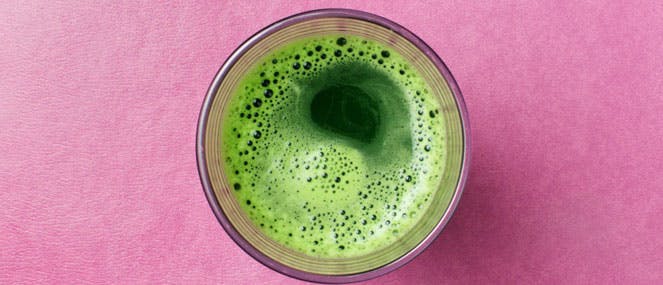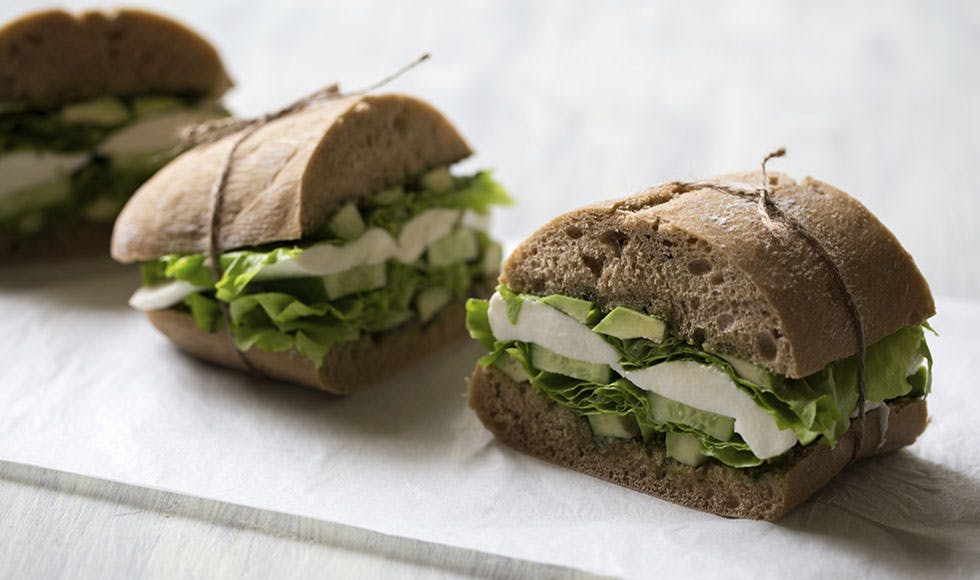
- Health hub/
- Tips & Advice on Improving your Energy Levels/
- Vitamin B12: What is it & How Much do You Need?


Vitamin B12 is a well-renowned nutrient that is an essential diet element. Learn more about how to incorporate it in your diet.
Vitamin B12, also known as cyanocobalamin, is an essential nutrient as it plays an important role in various functions in your body. It helps support energy production, nervous system function and red blood cell production. It’s an important vitamin to keep an eye on for vegetarians and vegans, as it is only found in animal foods.
B12 is part of the B group collection of vitamins, referred to as B complex vitamins. All B vitamins are water soluble, meaning that once the body uses these vitamins, any leftover leave the body through the urine without storing it.
Functions of Vitamin B12:
Energy
Vitamin B12 supports helps the body convert food into energy. It plays a key role in the metabolism of fats and carbohydrates and a deficiency leads to fatigue and a feeling of weakness.Production of red blood cells
Vitamin B12, together with vitamin B9, otherwise known as folate or folic acid, work together to help make red blood cells. This is important as red blood cells carry oxygen around the body.Supports nervous system health
When dietary intake is inadequate, B12 also supports mental and cognitive function as well as supporting the overall health of the nervous system.How much vitamin B12 do you need?
The amount of vitamin B12 you need each day depends on your age as well as any dietary restrictions. According to the Australian Nutrient Reference Values, the recommended dietary intakes are the same for women and men aged 19 to 70, at 2.4 micrograms (mcg) a day.
This goes up to 2.6 mcg per day for pregnant women and 2.8 mcg per day for breastfeeding women. Those who may need to ensure they are getting enough vitamin B12 include older adults, pregnant women, and those on a vegan or vegetarian diet.
Older people experience a reduction in stomach acid production as they age, affecting their absorption of vitamin B12. It’s particularly important for those who are vegan or vegetarian and are breastfeeding or pregnant to ensure they meet the increased intake of vitamin B12.
How much Vitamin B12 do children need?
|
Age |
AI (Average intake) |
|
Infants |
|
|
0-6 months |
0.4 micrograms/day |
|
7-12 months |
0.5 micrograms/day |
|
Children |
RDI (Recommended dietary intake) |
|
1-3 years |
0.9 micrograms/day |
|
4-8 years |
0.9 micrograms/day |
|
9-13 years |
1.8 micrograms/day |
|
14-18 years |
2.4 micrograms/day |
How much Vitamin B12 do adults need?
|
Men and women |
RDI |
|
19-70 years |
2.4 micrograms/day |
| Pregnancy | |
| 14-50 | 2.6 micrograms/day |
| Breastfeeding | |
| 14-50 | 2.8 micrograms/day |
Sources of Vitamin B12
The body cannot make vitamin B12, so obtains it from bioavailable dietary sources like animal foods such as cheese, milk, meats, fish, eggs, poultry and seafood.
This puts vegans and those on vegetarian diet who don’t obtain enough vitamin B12 from eggs, dairy or plant-based foods fortified with vitamin B12 or from supplements at high risk of not getting enough B12. Plant-based foods that are fortified with B12 include cereals and plant-based milk, and nutritional yeast.
Dairy products such as one glass of milk provide half the daily requirement (1.24mcg) while one 20g slice of cheese provides one-fifth (0.4mcg).
According to the US National Institutes of Health, clams, oysters, and beef liver are some of the best sources of vitamin B12.
Interestingly, the University of South Australia reports that beef and kangaroo provide 2.5mcg per 100g serve, which would provide the daily recommended intake for adults. Chicken and turkey provide about 0.6mcg.
Dietary supplements may be helpful if not getting enough vitamin B12, when there are challenges with meeting requirements from diet alone. Your healthcare professional can help you determine your needs.
REFERENCES
https://www.nhs.uk/conditions/vitamin-b12-or-folate-deficiency-anaemia/




